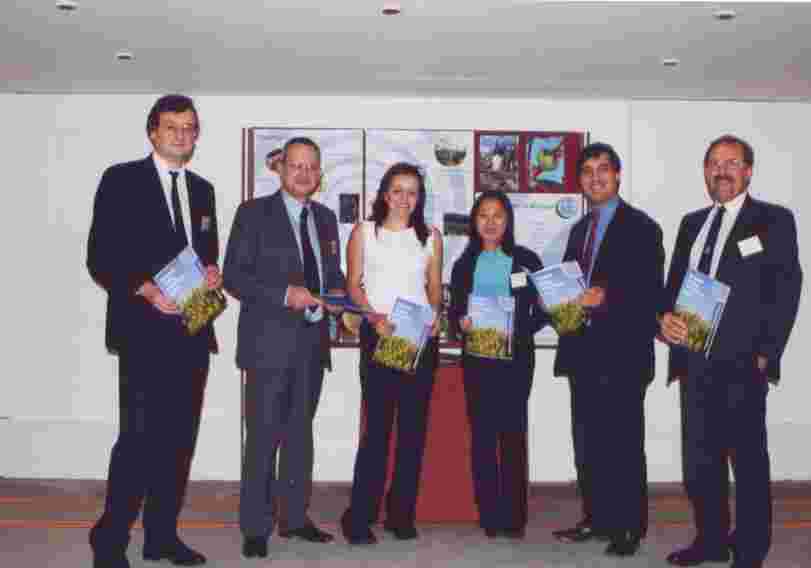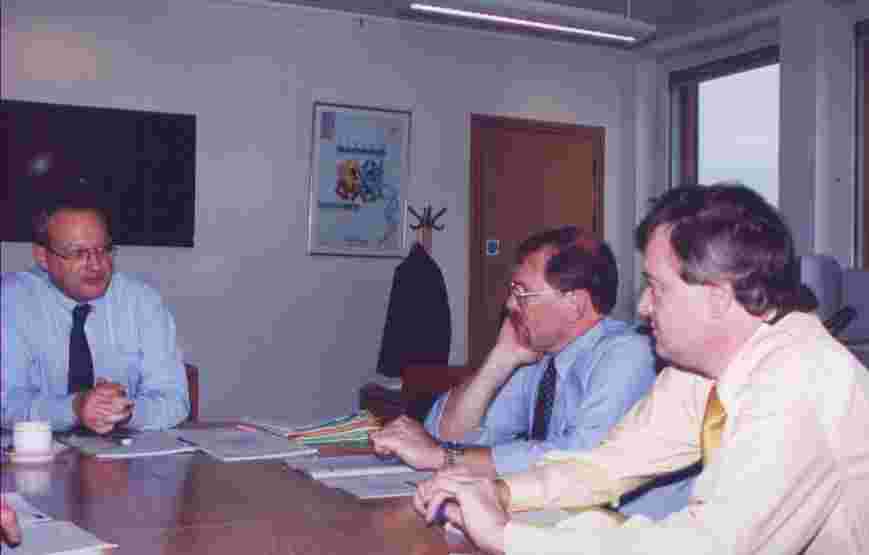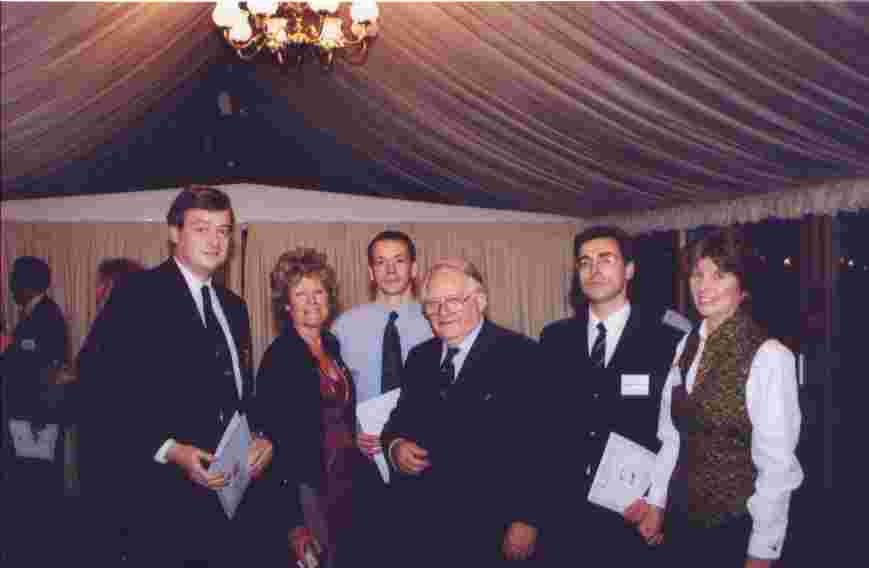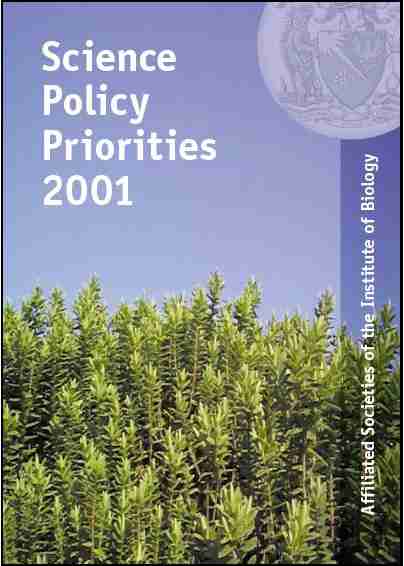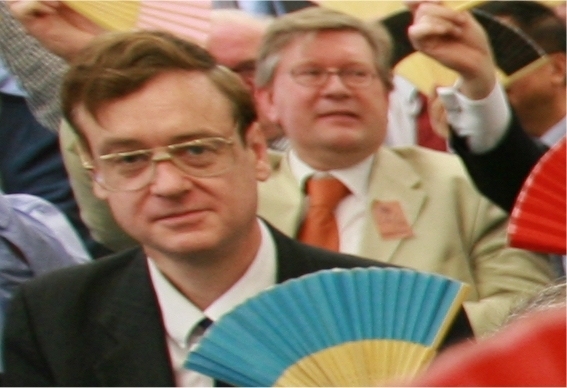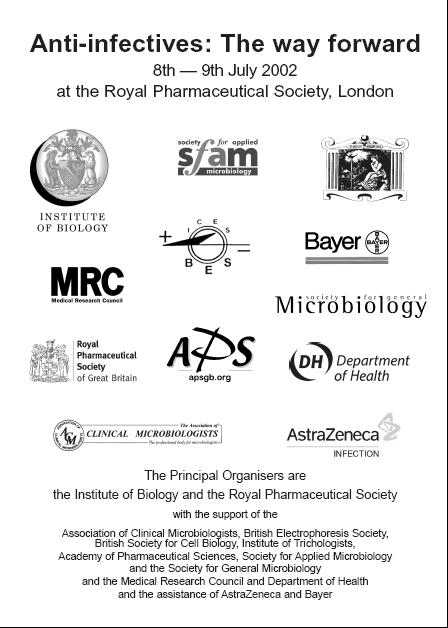Bioscience interactions
The sciences, or rather scientists, do not operate in a vacuum. They need funding (be it from industry or the state) and their output of discoveries (be it phenomena or from monitoring) have implications for society and the world. Scientists therefore need to have a dialogue (or dialogues) with society at large and with politicians in particular.
For many years since the 1980s to the present, Jonathan Cowie (occasionally with support from other Concatenation team members) has worked on such dialogues both independently and with others, (mainly) learned scientific voluntary societies both on a contractual basis (including when working on science policy with the Institute of Biology and as a volunteer. This has included compiling scientists' evidence in responses to over 100 policy consultations from UK Parliamentarians (mainly all-party Select Committees), Government Departments (Ministries) and their Agencies, not to mention occasionally from industry. This dialogue has not just been responsive but has also included presenting scientists' own concerns and agendas: for example, UK biologists science policy priorities based on a survey of scores of specialist voluntary science bodies. It has also included the organising of workshops, scientific symposia, and the publication of their proceedings. Press liaison work has also been undertaken and over a period of some two and a half decades has resulted in news coverage in both national and local UK newspapers (plus a few in other countries), items on national and local radio (including two full half-hour BBC Radio 4 programmes plus a few items on foreign radio) and UK national and local TV (including one half-hour BBC TV school's programme). Press liaison coverage has also resulted in many items in the specialist science press.
Issues covered have ranged from policy concerns such as science funding and research assessment to science underpinning socio-scientific concerns such as AIDS education, GM crops, the potential of biofuels, the planning of new national parks, and xenotransplantation... to mention but a few out of very many. Working as an individual, special attention has been given to climate change and energy concerns -- see also climate interactions which in particular have been an area of greater activity since 2003.
Publications produced have not only included the afore said symposia proceedings but also bioscience careers literature, science health and safety guides, and journal production. Some publication work has been conducted in association with more commercial publishers beyond the learned societies. Jonathan has also been the author of a few books including university undergraduate level primers as well as for a more general public readership. Jonathan's own work on publications first seriously began when employed for a three-year period in the mid-1980s by the British Medical Association producing and distributing promotional literature: during this time BMA membership increased by over 10%. Since then, throughout the 1990s and to the early 21st century, Jonathan ran the Institute of Biology's books programme. This, after three initial years, ran profitably with him through to 2003. Since then he has been almost exclusively involved with writing rather than production.
Project work between 1987 and 2003 has not just been restricted to the bioscience community but occasionally helping link in with the broader science community of physics, chemistry, geology etc., mainly in the UK but also occasionally in other European countries too. Since 2006 project work has been more focussed on climate change and its biological dimensions including ecology and past climate biological interactions as revealled by the geological record.
Genre fiction related work has also been conducted both in the UK and other European countries. This has included bringing together scientists and fiction writers, as well as providing science talks for conventions, schools and youth groups. The most requested talk to such audiences over two and a half decades has been on 'the biology of astronomy' but in recent years the topics of climate, energy and sustainability have all told been of greater interest. On the public circuit talks on 'exobiology' have been popular even though these contain much 'sugar coated' conventional biological messages -- See also SF interactions.
